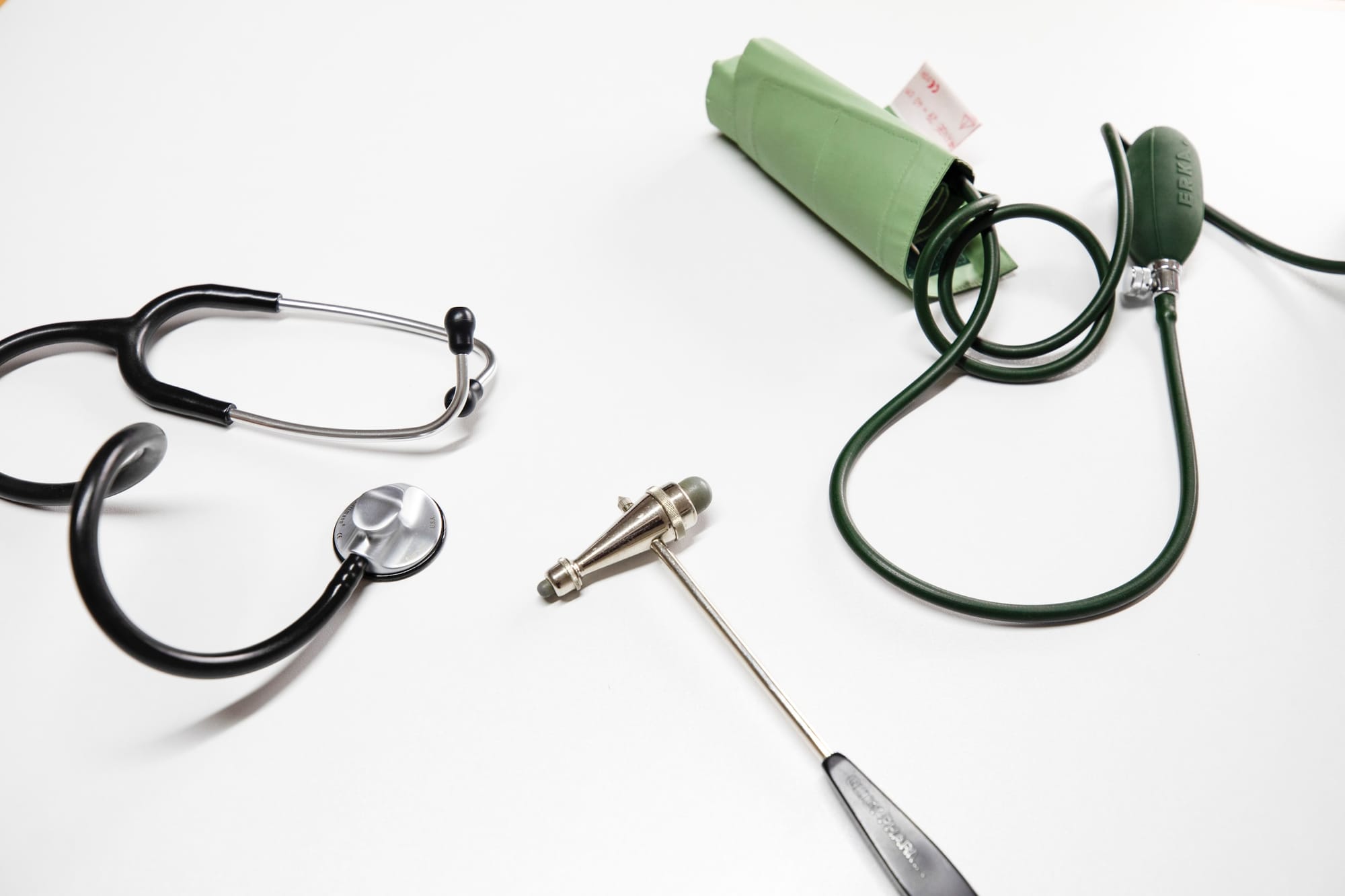How to Become a Good Doctor

Becoming a good doctor is a combination of academic preparation, practical experience, and personal growth. It’s a step-by-step journey that requires dedication, compassion, and continuous learning. Whether you’re just starting or already pursuing a medical degree, understanding the key stages and qualities needed can make a significant difference. This article will outline a detailed sequence of steps to help you become a good doctor.
1. Develop a Genuine Interest in Medicine Early On
Passion and commitment toward medicine are critical to succeeding in the field. Start by exploring your interests early in life, particularly during high school. Engage in science-related subjects like biology, chemistry, and physics. Observe if you have a genuine curiosity about how the human body works, diagnosing illnesses, and helping people recover.
Consider shadowing a doctor, volunteering at a hospital, or attending medical workshops to get a feel of what being a doctor entails. These experiences will help you determine if medicine is the right profession for you.
2. Pursue the Right Educational Path
The foundation for becoming a doctor lies in obtaining the necessary education. Below is a step-by-step guide:
- Complete your high school education with an emphasis on science subjects like biology, chemistry, and physics.
- Enroll in a pre-medical undergraduate program or a bachelor’s degree in a related field such as biology, biochemistry, or health sciences.
- Maintain a high GPA and prepare for standardized medical entrance exams, such as the MCAT (Medical College Admission Test) in the United States or equivalent tests in your country.
During your undergraduate years, participate in extracurricular activities such as research projects, volunteer initiatives, or leadership roles. Medical schools look for well-rounded candidates who can balance academics with interpersonal skills and community involvement.
3. Gain Admission to Medical School
Getting into medical school is one of the most competitive phases of becoming a doctor. To increase your chances of admission, you need to excel at the application process. Here are a few key tips:
- Write a compelling personal statement that reflects your passion for medicine, personal experiences, and motivation to contribute to healthcare.
- Obtain strong letters of recommendation from professors, doctors you’ve shadowed, or professionals who know you well.
- Perform well in your medical school interview. Practice common questions beforehand and demonstrate professionalism, empathy, and enthusiasm during your interactions.
Once accepted, prepare yourself for an intensive learning experience. Medical school typically lasts four years, divided into pre-clinical and clinical phases.
4. Build a Strong Knowledge Base During Medical School
Your time in medical school will primarily revolve around developing an in-depth understanding of human anatomy, physiology, pathology, pharmacology, and other medical sciences. Follow these strategies to succeed:
- Attend lectures, seminars, and laboratory sessions regularly. Engage actively by asking questions and taking detailed notes.
- Develop effective study habits and time management skills to keep up with the demanding curriculum.
- Form study groups to enhance your understanding and exchange knowledge with peers.
In the clinical years, focus on applying theoretical knowledge to real-life scenarios. Observe and learn from experienced doctors, participate in rounds, and improve your diagnostic and communication skills.
5. Pass Licensing Examinations
To practice medicine, you must pass the required licensing examinations specific to your country. These tests assess your medical knowledge, clinical skills, and ability to apply them in patient care. For instance:
- In the United States, you need to pass the USMLE (United States Medical Licensing Examination).
- In the UK, you must clear the PLAB (Professional and Linguistic Assessments Board) tests.
- Other countries have their equivalents, such as the AMC (Australian Medical Council) exams in Australia or NEET-PG (National Eligibility cum Entrance Test - Postgraduate) in India.
Preparing for these exams requires focused effort. Utilize resources such as review books, question banks, and practice tests. Time management and consistent studying are essential to achieving success.
6. Complete a Residency Program
After medical school, you’ll enter a residency program to gain hands-on experience in a specific field of medicine. Residency programs usually last three to seven years, depending on the specialty. Follow these guidelines to make the most of your residency:
- Choose a specialty that aligns with your interests and skills, such as internal medicine, pediatrics, surgery, gynecology, or psychiatry.
- Work closely with attending physicians to improve your clinical decision-making and procedural skills.
- Build strong relationships with your colleagues and mentors as they can guide your career development.
Residency is also a time to develop excellent bedside manners, empathy, and communication skills, which are essential qualities of a good doctor.
7. Continue Learning and Stay Updated
One of the hallmarks of a good doctor is the commitment to lifelong learning. The medical field is constantly evolving with new research, treatments, and technologies. To stay up-to-date:
- Attend medical conferences, workshops, and seminars related to your specialty.
- Subscribe to medical journals and read research papers to remain informed about the latest advancements.
- Participate in continuing medical education (CME) courses to maintain your licensure and enhance your skills.
Additionally, consider pursuing sub-specializations or certifications in areas of interest to deepen your expertise further.
8. Cultivate Key Personal Qualities
Technical expertise is only one part of being a good doctor. Developing the following personal qualities is equally important:
- Empathy: Show genuine compassion and understanding toward your patients.
- Communication Skills: Listen actively, explain diagnoses and treatments clearly, and ensure patients feel heard and valued.
- Problem-Solving: Approach complex medical cases with critical thinking and logical reasoning.
- Resilience: Learn to cope with stressful situations, long hours, and emotionally challenging cases.
Remember that a good doctor not only treats illnesses but also cares for the emotional and psychological well-being of their patients.
9. Focus on Patient-Centered Care
Patient-centered care is at the heart of being a good doctor. Your patients should feel comfortable, informed, and involved in their healthcare decisions. Here are some tips:
- Build trust by being honest, respectful, and approachable.
- Involve patients in decision-making by explaining the pros and cons of different treatment options.
- Respect cultural, economic, and individual preferences while providing care.
A good doctor understands that each patient is unique and tailors their approach depending on the individual’s needs.
10. Balance Work and Personal Life
The medical profession can be demanding, and burnout is a common issue among healthcare providers. To be an effective doctor, you must also prioritize your own well-being. Here’s how:
- Maintain a work-life balance by setting boundaries and dedicating time to family, hobbies, and relaxation.
- Practice stress management techniques such as exercise, meditation, or engaging in creative outlets.
- Seek support from colleagues, friends, or counselors when dealing with challenging situations.
A well-rounded and healthy doctor is better equipped to provide quality care to their patients.
Becoming a good doctor is a challenging yet rewarding journey. It requires extensive education, practical training, and the continuous cultivation of both technical and personal skills. By following this step-by-step path with dedication and passion, you can emerge as a competent, compassionate, and successful medical professional. Remember, a good doctor doesn’t only heal the body but also touches the lives of patients with kindness and understanding. Keep striving to make a positive impact in the world of medicine!
By Dr. Mohammed Tanweer Khan
A Proactive/Holistic Physician
Founder of WithinTheBody.com
